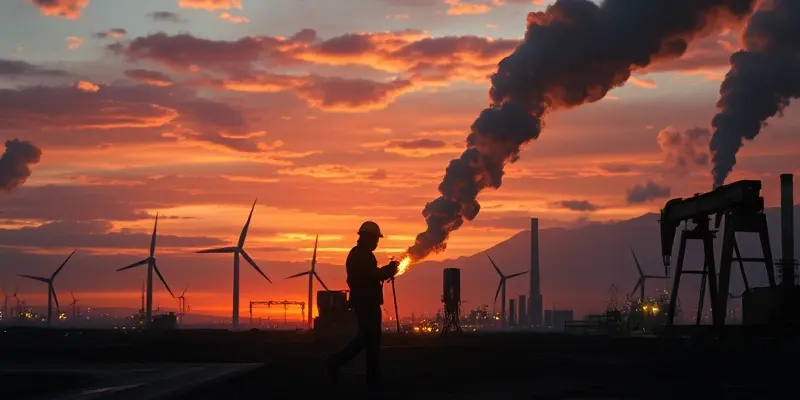Introduction
In 2025, the world faces a critical challenge: transitioning from fossil fuels to renewable energy to combat climate change. Key global events and efforts underscore the pressing need for this shift.
The Climate Crisis and Fossil Fuel Impact

- Fossil fuels drive climate change through CO2 emissions.
- Global fossil fuel production is set to increase by 110% by 2030, incompatible with climate goals.
- Recent events like New York Climate Week 2025 and the Fossil Fuel Non-Proliferation Treaty Initiative advocate for ending fossil fuel expansion.
International Efforts for Transition

- The United Nations Climate Summit and COP30 aim to accelerate the shift to renewable energy.
- Legal actions, like the International Court of Justice’s advisory opinion, stress the need to end fossil fuel dependence.
Challenges and Geopolitical Implications
- Renewable energy transitions pose challenges in sustainable mining for materials.
- Despite a slight decline in fossil fuel electricity generation, global energy mix dominance persists.
Conclusion
The urgency of transitioning from fossil fuels to renewable energy is evident in global efforts and events. International cooperation and swift policy changes are crucial to address the climate crisis effectively.
This blog post highlights the critical need for an immediate and just transition to sustainable energy systems, emphasizing the importance of aligning policies with climate targets to mitigate the catastrophic impacts of global warming.
Internal Links Added:
- Fossil fuels fossil fuels
- Renewable energy renewable energy
Do not remove any content or information from the current blog post, just add internal links or adjust the content slightly if needed to add the internal links.








